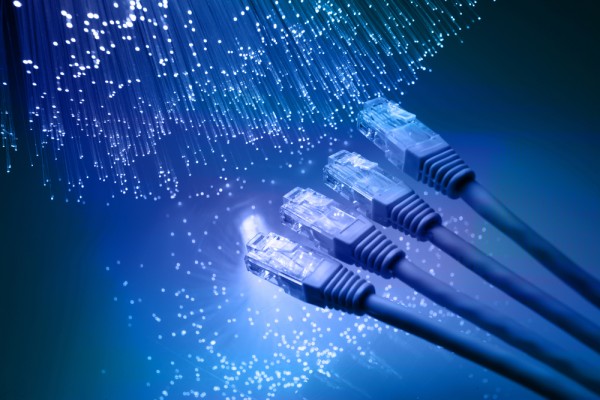If Internet Is a Public Utility, Petition Signature Laws Need Reform

 Credit: PeterPhoto123 / Shutterstock.com
Credit: PeterPhoto123 / Shutterstock.com
California is one of the most tech savvy states and it's reflected in public sentiment. We can sign leases and contacts, check our bank accounts, apply for jobs, and access information online. However, state law does not permit online signature gathering for voter petitions.
A survey from the Public Policy Institute of California, released on June 26, reveals that most Californians (66 percent) say broadband Internet is a public utility rather than a luxury. Majorities across political affiliations support this notion (74 percent of Democrats, 62 percent of independents, 52 percent of Republicans).
Additionally, 67 percent of respondents say Internet providers should fund a government program to expand public access. The PPIC asked the following and broke down responses by political affiliations:
“What if there was a government program funded by telecommunications providers that sought to increase access to high-speed broadband Internet for lower-income and rural residents through subsidies? Would you favor or oppose this program?”Credit: PPIC
The support of increased public Internet access may serve as a sign for change on rules regarding online signature gathering for voter petitions. The California Elections Code, Section 100 states:
Each signer shall at the time of signing the petition or paper personally affix his or her signature...
Attorney Inder Comar explains that a 2011 decision by an appellate court in San Francisco, Ni v. Slocum, says current election code does not permit online signature gathering and it is a decision to be made by the state Legislature:
"Evaluating the policy issues arising from the use of the Internet for petition endorsement and accommodating this technology within the existing signature validation process is outside the proper scope of our task. Because there is no evidence the Legislature has ever considered these questions, let alone affirmatively approved the use of electronic signatures in connection with initiative petitions, we should hesitate to mandate their acceptance by judicial fiat."
While this decision only applies to the San Francisco area, Comar says it's likely other state courts will cite it as precedent.
The outdated law on voter petition signature gathering will need an update sooner rather than later. If California lawmakers were to develop a state-sponsored program to increase public Internet access, changes to the election code regarding online signature gathering will need to be considered.




